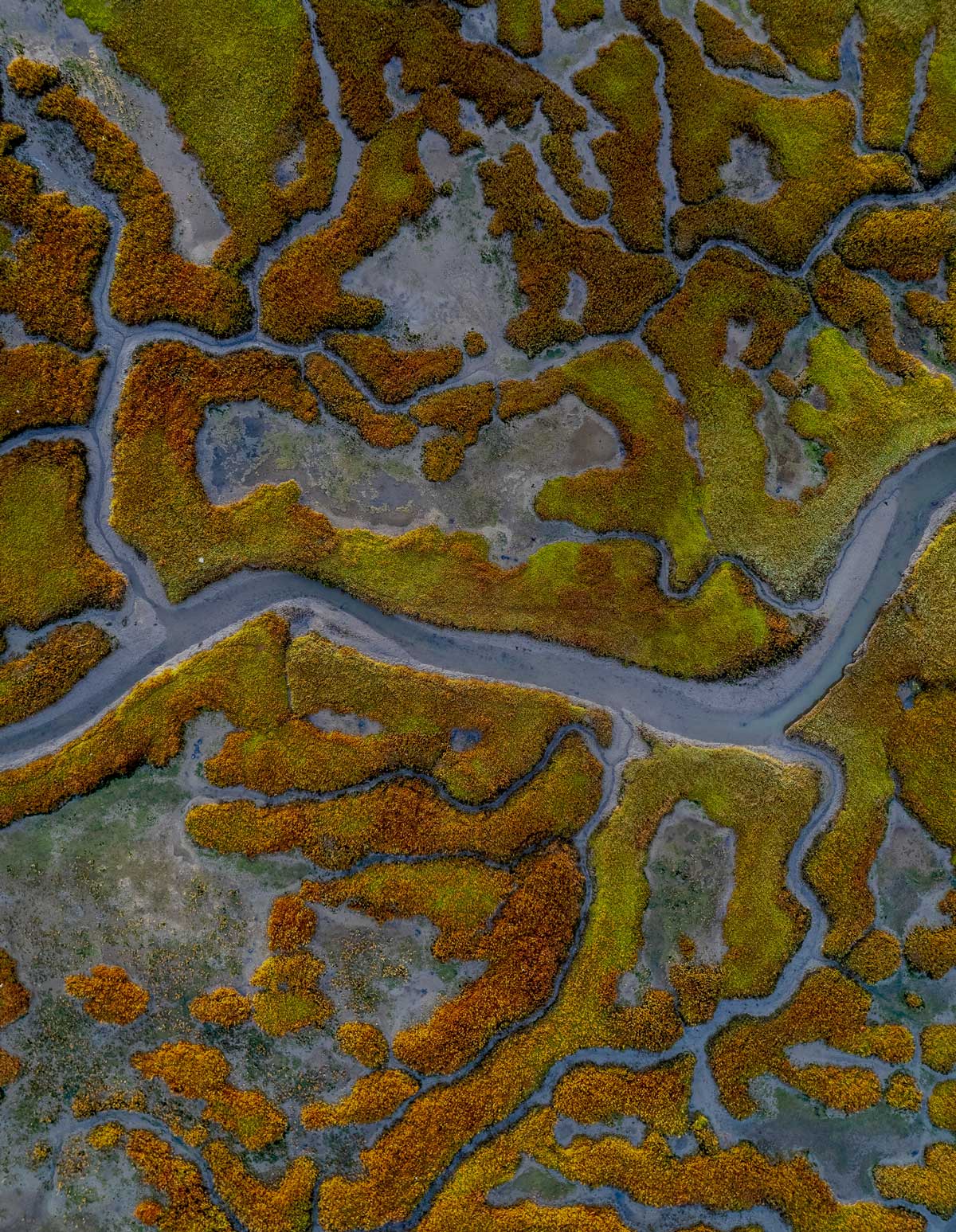The ACR methodology for Reductions and Removals from the Restoration of California Deltaic and Coastal Wetlands is inactive and ineligible for listing new projects on ACR. The methodology relies on a performance standard additionality test that, per requirements in the ACR Standard, must be re-assessed at minimum every 5 years. The methodology may become active again based on the results of the performance standard review. ACR made the Restoration of California Deltaic and Coastal Wetlands methodology inactive on December 31, 2022.
Read more
ACR has published version 1.1 of the Methodology for the Quantification, Monitoring, Reporting, and Verification of Greenhouse Gas Emission Reductions and Removals from The Restoration of California Deltaic and Coastal Wetlands.
ACR partnered with the Sacramento–San Joaquin Delta Conservancy, HydroFocus, University of California Berkeley and Tierra Resources to develop a new carbon offset methodology to quantify greenhouse gas (GHG) emission reductions from the restoration of California deltaic and coastal wetlands. Funding for methodology development was provided by the Sacramento Municipal Utility District (SMUD), the California Coastal Conservancy, Metropolitan Water District and California Department of Water Resources.
The methodology builds upon ACR’s approved methodology, Restoration of Degraded Deltaic Wetlands of the Mississippi Delta, by integrating California data and region-specific restoration techniques to create a rigorous framework for quantifying baseline and project emissions that are unique to wetlands in California.
Research in the San Joaquin delta shows that, per acre, wetlands are the most carbon-rich ecosystem. The U.S. Geological Survey (USGS), DWR, HydroFocus and U.C. Berkeley have been studying these wetlands since the 1980s and have documented very high rates of primary productivity and carbon sequestration in wetlands, as well as significant GHG losses due to subsidence and oxidation.
Eligible project types in the methodology will include wetland creation and a switch from row crops to rice cultivation in the Sacramento-San Joaquin Delta, as well as tidal wetland creation in the Suisun Marsh and California coastal areas. In the absence of these projects (i.e., the baseline scenario), wetlands would continue to subside, or in some cases disappear entirely, or result in severe CO2 oxidation. If restored, these ecosystems can store large quantities of carbon in rich peat soils.
ACR’s methodology approval process includes an extensive internal review, a public comment period, and a detailed and iterative scientific peer review by a technical group of sector experts.
Version 1.1 of this methodology was published to correct errors and provide clarification for the original version.
ACR is an internationally recognized carbon crediting program that operates in global compliance and voluntary carbon markets. A nonprofit enterprise of Winrock International, ACR was founded in 1996 as the first private greenhouse gas (GHG) registry in the world with the mission of harnessing the power of markets to improve the environment.



